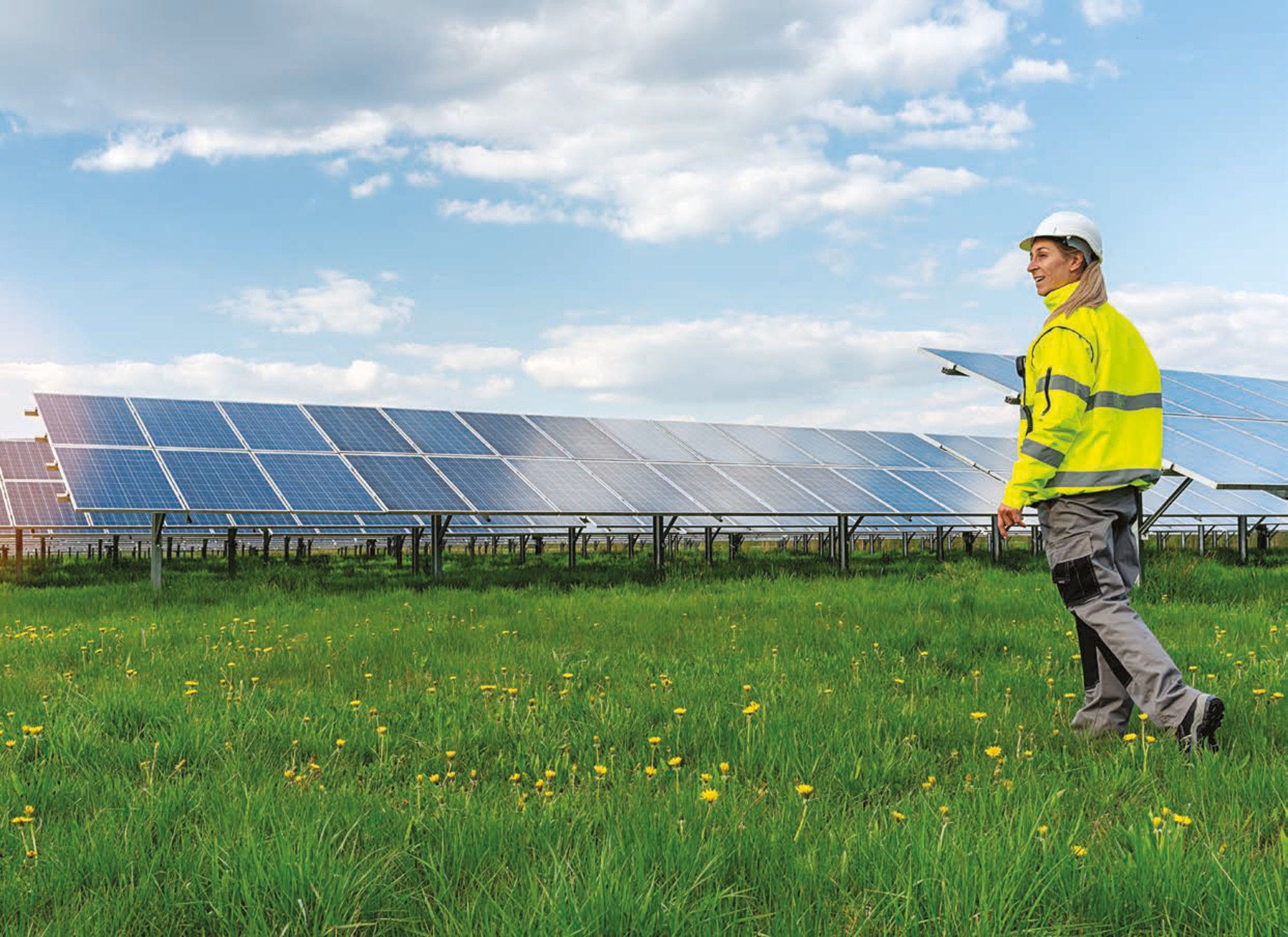See more data for Estonia on the related dashboard.
Economic Policy Reforms 2023
Going for Growth

Estonia
Product and labour markets functioning
Performance gaps
Given the small size of the country, competition in some domestic sectors remains limited.
Regulations for lawyers and notaries could allow for more competition in these services.
Regulatory transparency could be increased through systematic rules on interactions between public and private officials including in the Parliament.
Recommendations
Remove quantitative and territorial restrictions on notaries, allow inter-professional cooperation and advertising.
Review regulations on voting right in law firms, allow setting up of business with other professionals.
Strengthen accountability of the energy and rail regulators by requiring that they present annual report to the relevant parliamentary committees.
Award public services contracts for rail transport through competitive tenders.
Mandate disclosure of interest groups that are consulted in regulatory and legislative processes and cooling-off periods for members of legislative bodies, members of cabinet and appointed public officials leaving office.
Digital transition
Performance gaps
Despite solid and secure digital infrastructure, world-leading e-government and high levels of trust among users of digital services, Estonian companies, in particular small ones, lag behind, hampering digital diffusion.
Recommendations
Boost public investment to better support coverage for ultra-fast broadband, including subsidising last-mile rollout for smaller enterprises.
Reduce red tape in the application process for digital diagnostics, to better identify digital needs of companies, and increase take-up rate.
Inclusiveness, social protection, and ageing
Performance gaps
Poverty is a persistent challenge worsened now by elevated inflation. One out of ten workers live in a poor household. Reducing relative poverty to 15% by 2023, from one of the highest levels in Europe, necessitates further reforms.
To cope with accelerating digital diffusion and the transition towards a climate-neutral economy, further ramping up of active labour market policies and training activities for the unemployed, those at risk of unemployment and displaced workers, is warranted.
Recommendations
Reduce low-wage employees’ social security contributions to support take-home pay.
Tighten transfers targeting and use digital and data to raise take-up.
Create in-work benefits to make work pay.
Increase spending on active labour market policies.
Further align job-search assistance and training with local labour market needs, notably where carbon-intensive activities are concentrated.
Conduct ex-post evaluations of training using the government’s strong digital capacities.
Climate transition
Performance gaps
High GHG emissions have declined substantially. However, the economy is still relatively carbon intensive and oil shale remain prevalent in energy supply. Highly concentrated in the north-eastern region of Estonia, the phasing-out of this industry will have significant economic and social impacts.
Recommendations
To enhance energy security, expedite synchronisation of the electricity grid with European standards.
Reduce oil shale output over time as planned but mitigate the social impact through a funded comprehensive and long-term development plan.
Further encourage low-carbon technology innovation by expanding public R&D investment and increasing the share of funding on environment-related issues.